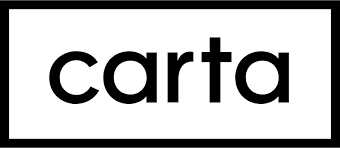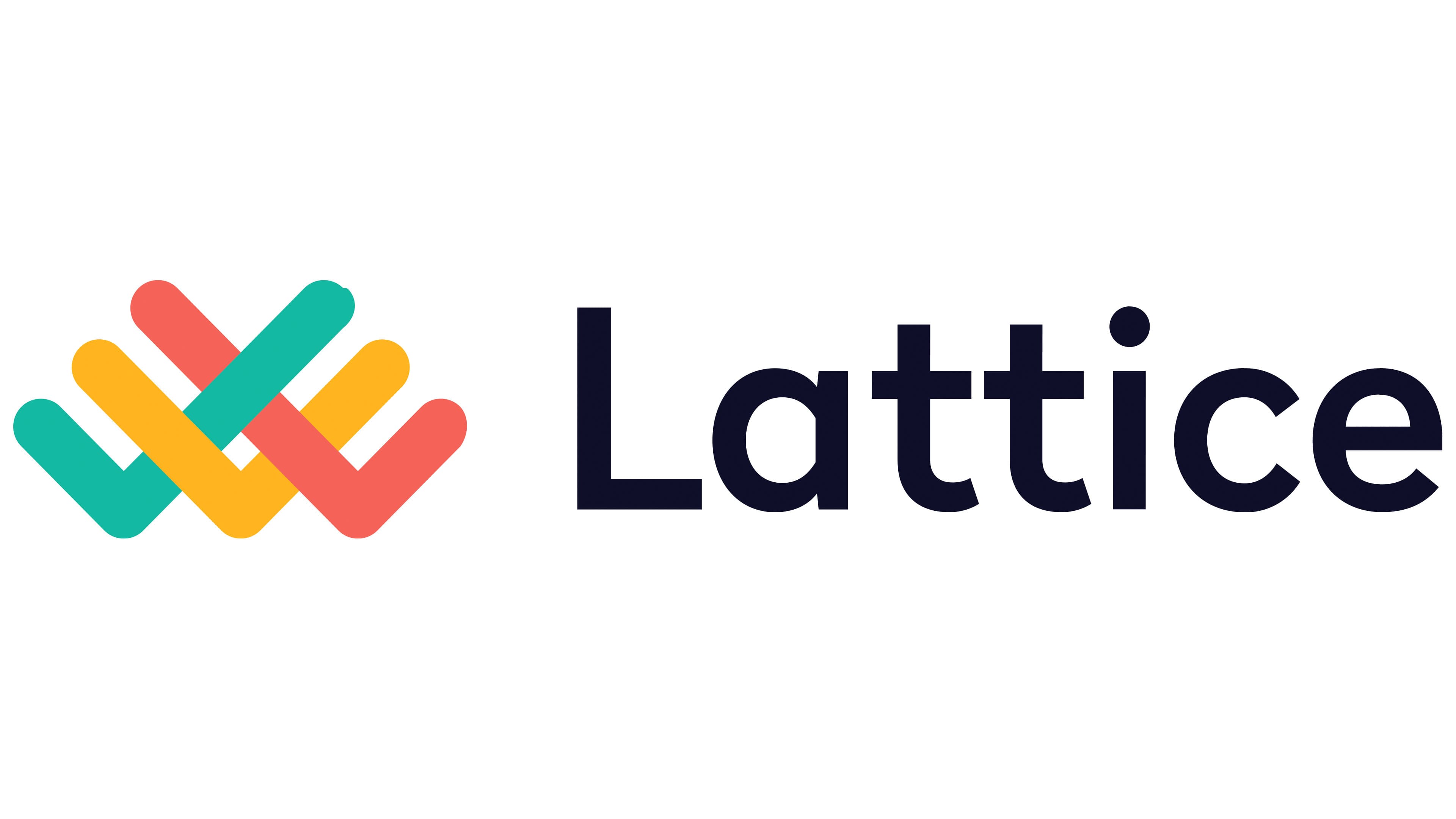Unlock organizational excellence with our curated list of the best comp management platforms. Streamline your HR processes, enhance employee satisfaction, and stay ahead in talent management with these cutting-edge solutions.

One of the most popular request that OutSail has received over the last few months has been for compensation management tools. Companies are highly focused on making sure they are paying the right amount to keep the right employees.
Because of current economic trends, companies are needing to quickly re-assess their compensation practices. The market data that companies were using two years ago is hopelessly outdated now. And allowing managers to give one-off raises to their teams without proper structure will lead to inconsistency and skyrocketing costs. Companies have to balance keeping great talent around with being careful not to hand out too many raises heading into an economic slowdown.
In order to properly manage a comp review process, companies are looking at software partners who can deliver real value.
Below is a compensation management software comparison of the leading providers in the space today:

Pave is best known for real‑time benchmarking (salary and equity) combined with planning and employee‑facing total rewards. Integrations with common HRIS/ATS/cap table systems make data ingestion straightforward, and comp cycles are easy to configure with budgets, guardrails, and audit trails. We see strong adoption in VC‑backed companies that value frequent market refreshes and manager‑friendly UI. Watch outs: Pave’s benchmarking shines most where the peer network is deepest; highly specialized roles or non‑tech industries may still require supplemental sources. Pricing scales with features and size, so larger datasets and modules can add up.

Carta’s Total Compensation pairs comp planning with salary and equity benchmarks sourced from its cap‑table ecosystem. It’s compelling for equity‑heavy organizations that already run valuations, cap tables, and grants on Carta, since payroll expense forecasts and offer letters can draw from a single system of record. Total rewards portals help employees see the value of cash and equity together. Considerations: Carta’s broader platform brings advantages but also means change management across legal/finance/HR. For companies not on Carta for equity, the value case may be weaker than comp‑focused tools.

Kamsa combines validated global market data, pragmatic job architecture, and hands‑on expert support. The platform helps teams standardize titles, levels, and bands, then run structured reviews with clear guidelines and analytics. Customers like the balance of software and advisory—useful for first‑time formalization of compensation programs or international benchmarking. Trade‑offs: Kamsa’s model is intentionally opinionated; that’s a plus for teams seeking structure, but companies wanting highly bespoke taxonomies or DIY approaches may prefer a more open toolkit.

Lattice’s has long been a market leader in performance and engagement. Their compensation module ties merit cycles to performance data already living in the Talent Suite. HR leaders can set budgets, enforce ranges, surface calibration insights, and generate employee‑friendly statements—all in one workflow. The appeal is strongest for Lattice customers who want compensation tightly linked with goals, reviews, and promotions. Considerations: Benchmarking typically relies on partner data and imports; if you need native, always‑on benchmark coverage, you may pair Lattice with a dedicated data provider.

ChartHop brings org‑wide data into compensation planning: org charts, headcount plans, budgets, and scenario modeling sit next to review cycles. Managers get the context to make trade‑offs (e.g., budget impact of proposed increases) with real‑time visibility for HR and Finance. The product fits teams that want comp decisions inside a broader people‑analytics and planning layer. Watch outs: The breadth is powerful but can feel heavy if you only need a lightweight merit tool.

CandorIQ unifies compensation and headcount planning to manage people spend end‑to‑end. You can model scenarios, align HR and Finance on a single plan, and run cycles with policies and approvals baked in. Offer workflows and total rewards communication help close the loop from planning to candidate/employee experience. Considerations: As an emerging platform, CandorIQ is evolving quickly—great for pace of innovation, but buyers should confirm depth for their specific integrations and benchmarking needs.

Complete focuses on building equitable bands and transparent communication from day one. Leveling tools help codify career frameworks and pay bands, while total rewards and interactive offers make compensation easy to understand for candidates and employees. It’s a strong fit for high‑growth teams formalizing structure and emphasizing pay transparency. Trade‑offs: While Complete covers planning, its differentiation is strongest in banding/leveling and comms; organizations seeking deep enterprise modeling may compare it alongside broader suites.

Payscale offers one of the broadest data sets in the market, pairing employer‑reported surveys with continuously updated datasets like Peer and AI‑assisted modeling (Verse) for pricing niche roles. On top of the data, tools like Payfactors and MarketPay support structure design, job pricing, and enterprise‑grade compensation planning. Organizations can run cycles with budgeting, approvals, and governance controls, and produce statements for managers and employees. Survey participation and data stewardship remain core strengths for larger firms.

beqom is an enterprise total‑compensation suite that unifies merit, bonuses, long‑term incentives, executive comp, sales incentives, and—following its PayAnalytics acquisition—robust pay‑equity analysis and monitoring. Global organizations use beqom for large‑scale workflows with complex approvals, compliance needs, and multi‑currency programs. Finance and HR can model scenarios, simulate plan changes, and audit outcomes, while employees receive consistent rewards communications across geographies.
Compensation management involves the processes and strategies used by businesses to ensure fair and competitive pay for their employees. It includes tasks such as salary benchmarking, salary structure design, performance-based pay, and compensation planning. It's essential for attracting and retaining talent, maintaining employee satisfaction, and ensuring compliance with labor laws.
Key features include salary benchmarking, compensation planning and budgeting, incentive and bonus management, salary structure design, performance-based pay, equity management, compliance tracking, reporting and analytics, and integration with HRIS and payroll systems.
Challenges include keeping up with market trends and inflation, ensuring pay equity and fairness, managing complex compensation structures, aligning compensation with business goals and budgets, and retaining top talent in a competitive job market.
Compensation management platforms provide access to up-to-date market data for salary benchmarking, automate compensation planning and budgeting processes, ensure pay equity through comprehensive analytics and reporting, streamline communication and transparency around compensation decisions, and enable better decision-making through data-driven insights.
Benefits include increased efficiency and accuracy in compensation planning, improved employee satisfaction and retention, better alignment of compensation with business goals, reduced compliance risks, enhanced transparency and communication, and ability to attract top talent in competitive job markets.
